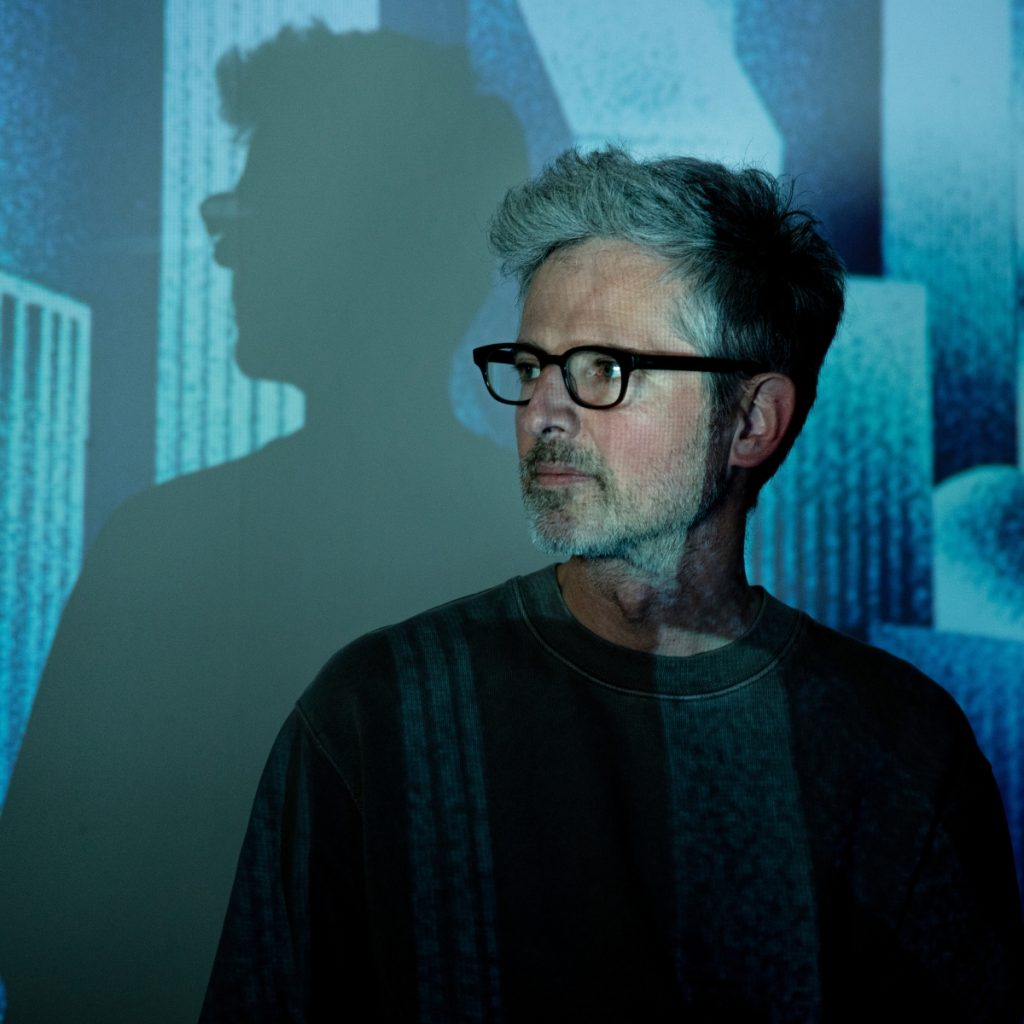
Today, we are excited to introduce Benoît Carré, an expert in the intersection of AI and music. After several years as a composer and musician, Benoît pivoted his career to focus on artificial intelligence and emerging technologies. In this interview, he shares valuable insights on the role of AI in the music industry, its transformative impact, and his perspectives on the future of composition.
Could you please start by introducing yourself, describing your main activities, and sharing what inspires you the most?
I’m a French pop musician and composer. I started with the band Lilicub and the famous song “Voyage en Italie”. In 2015, I started working with AI research teams for musicians first at Sony Csl, then at Spotify. With the researchers I co-developed AI prototypes for music creation. This involved a great deal of experimentation, which led to the creation of several albums based on these technological developments. I invited many artists to share my experience and to compose and produce tracks with the prototypes under development.
As an AI & Music Expert, could you provide a brief overview of how you believe songwriters can benefit from AI and the emerging tools in this field?
Artificial intelligence can be a great tool for creating new stylistic mixes extremely quickly.
This is what I experimented with on my EP American Folk Songs, creating orchestrations from a wide variety of periods and styles (Purcell, Bossa Nova, modern jazz).
Artificial intelligence can also help to stimulate inspiration by generating results from musical material that the musician gives to the algorithms, which will be transformed by them in a way that the musician would not have found himself. The surprise provoked by these transformations can help the musician explore ideas he or she might not otherwise have had.
Vocal cloning is also very interesting, provided that the musician can make his own voice models, invent new timbres and use them in his creation.
Artificial intelligence, on the other hand, doesn’t strike me as interesting when it comes to imitation alone. Be it imitating a voice, imitating a style, or plagiarizing an artist.
The most important thing, it seems to me, whatever the technology and the philosophy behind it, is for the artist to take hold of it, even if it means hijacking its original purpose. Even generative AI tools that are supposed to make songs from scratch, like Suno.ai, can become new music instruments for the creative mind.
In addition to being an AI expert, you are also a singer-songwriter and producer and have collaborated with artists like Stromae, Françoise Hardy, and Johnny Hallyday. Could you share one songwriting or production tip with our artist community that you have learned over the years?
A good song is a good song. I don’t really believe in writing camps where you’re supposed to write a hit song in a day. I believe much more in regular work. The more songs you write, the more creative you become. It can take one hour or several month to finish a song. There’s no rule, from my point of view.
What resources (such as books, podcasts, or newsletters) would you recommend to musicians and music professionals, who are eager to learn more about the music industry?
Search engines are the best allies of the curious! I really like the podcast, Switched on Pop, for music news. For new releases, I go to both Bandcamp and the NMF platforms. For AI tools, go to GitHub and Hugging face. Hub IA France is interesting for tutorials on voice cloning. Of course, on Discord, you can find interesting communities like Water and Music or discussion groups dedicated to generative computing. I also like to go to Replicate.com. There’s access to a lot of very specific templates with interfaces for easy testing.
Interview by Florian Maillard

Bonjour . Tout ceci est super mais j’ai pas compris comment on fait pour vous proposez nos productions . Pourriez vous m’en dires plus
Bonjour René,
en uploadant vos morceaux sur votre profil mx3 vous les rendez automatiquement disponibles à toutes les rédactions musicales affiliées… les radio affiliées ont la possibilité de downloader les morceaux qu’elles souhaitent diffuser.
Merci d’utiliser mx3 et belle journée,
Matt